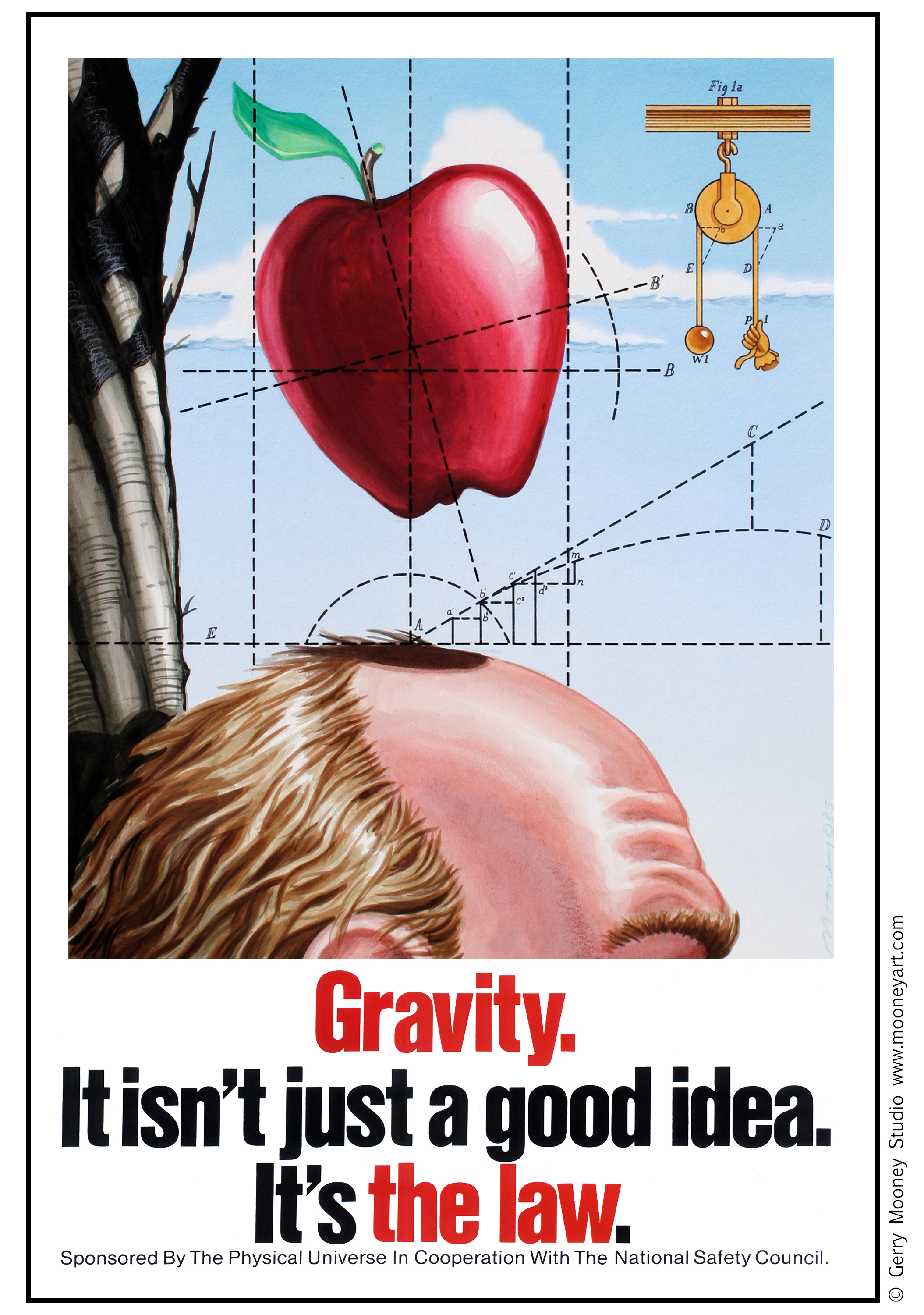
I am currently completing a PhD in Economics at the University of Surrey and my ORCID number is 0000-0003-1017-7574a>. I am really interested in International Trade. My research focuses on the structural gravity model of trade, with special attention to the computational challenged posed by large dimensional fixed effects and Pseudo-Poisson Maximum Likelihood (PPML) estimator from Tenreyro and Santos-Silva (2006) and the gravity equation derived from Eaton and Kortum (2002) and Melitz (2003).
I have a Master of Arts in Political Science from the University of Toronto, a Master of Science in Statistics from the Catholic University of Chile, and an Engineering degree from the University of Chile. I can provide my CV (academic/professional) upon request.
Because of the quantitative nature of my research, I have developed a strong interest in data science and programming. You can check my GitHub profile, where I have organised my open source projects, most of them are related to gravity estimation besides data wrangling with R and data visualisation with Shiny. This interest has included learning C++ and theory of computation at graduate level, translating into a Nerd Score of 97 according to nerdtests.com.
I tend to replicate all the articles and books I read. I usually do not understand everything immediately, and then I redo all the math or recreate plots/tables with R or Python step-by-step. This is more or less an application of the quote by Paul Halmos: "Don't just read it; fight it! Ask your own questions, look for your own examples, discover your own proofs. Is the hypothesis necessary? Is the converse true? What happens in the classical special case? What about the degenerate cases? Where does the proof use the hypothesis?"
Currently Working On
100% dedicated to gravity estimation. Pull requests or just issues are highly appreciated!
Vargas Sepúlveda, Mauricio, cpp4r: A Header-Only C++ and R Interface (October 09, 2025).
Available at SSRN: https://ssrn.com/abstract=5583590 or http://dx.doi.org/10.2139/ssrn.5583590.
The code is available at: https://github.com/pachadotdev/cpp4r.
Vargas Sepulveda, Mauricio, Armadillo4r: An R Package to Use the Armadillo C Library (December 02, 2025). Available at SSRN: https://ssrn.com/abstract=5848422 or http://dx.doi.org/10.2139/ssrn.5848422.
The code is available at: https://github.com/pachadotdev/armadillo4r.